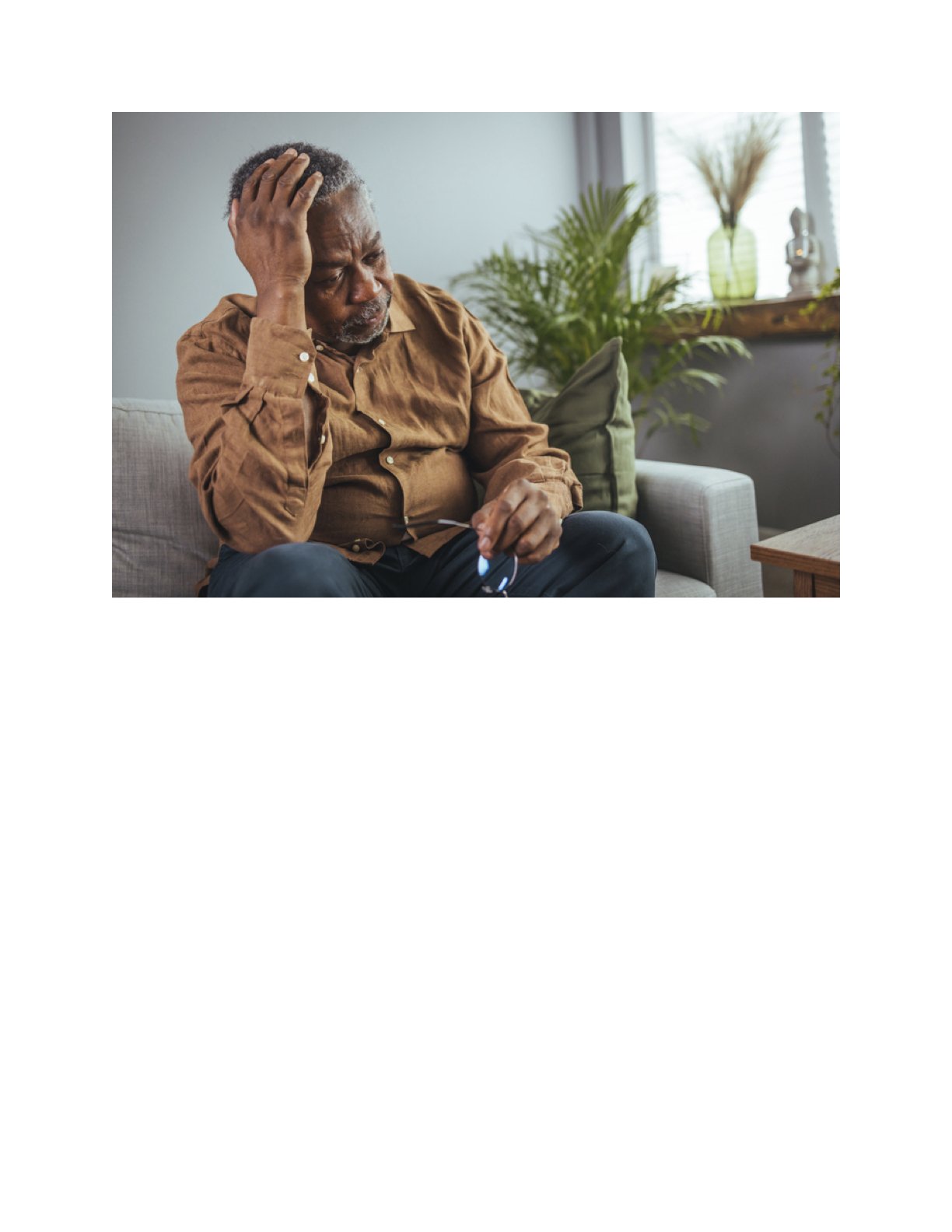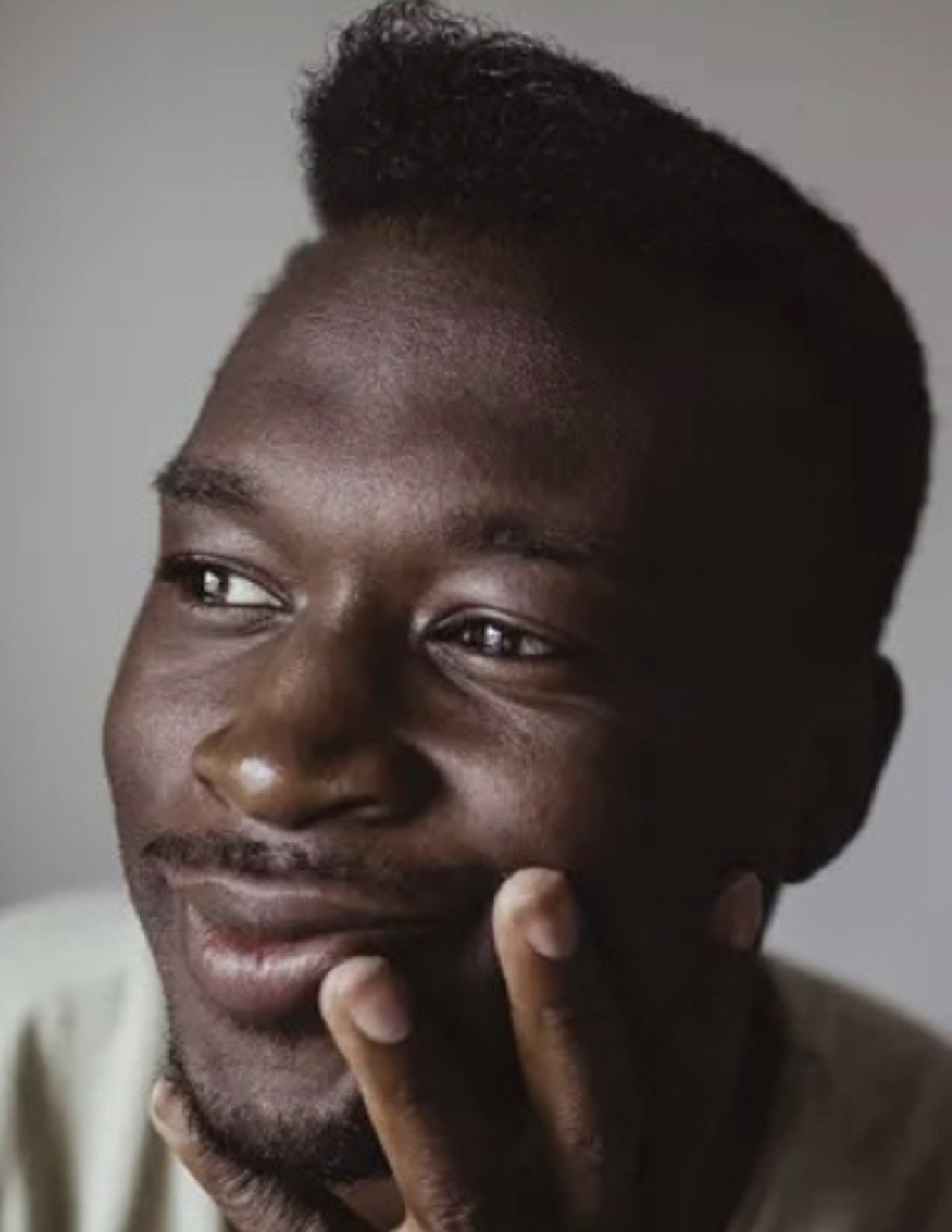
Articles

A Call Cures the Blues
WHO reports that “the effect of social isolation and loneliness on mortality is comparable to that of other well-established risk factors such as smoking, obesity, and physical inactivity.”

Here’s A Word: Eco-Anxiety
Ever hear of words like Cianconi, Panu, Albrecht, Hickman and Malach to describe effects on the human psyche, loss of a stable future, nostalgia for a traditional way of life, and hopelessness or despair, respectively? Welcome to the new vocabulary scientists have created to explain the mental health impact of climate change.
Researchers are coming to grips with how extreme weather events such as droughts, wildfires, water scarcity and floods contribute to an increased risk of neurological and psychiatric illness.
Climate change disproportionally affects those living in poor physical environments, those with less access to medical care and political power. It also impacts people of color, children, the elderly, the chronically ill, people with cognitive or mobility impairments, and those who are pregnant, disproportionally, too.
What is the cure for eco-anxiety? Dr. Joseph Dodds states that we should not avoid symptoms that come with our exposure to climate change but take action to develop a living relationship with the natural world, instead. For example, visiting a forest, planting a garden, learning more about ecosystems or participating in environmental initiatives.
For those living in urban environments, visit a local park. Urban parks are easily accessible, free and their facilities accommodate children as well as seniors. In San Francisco for example, there are 220 city parks, more than four parks for every square mile. Your local park may be closer than you think.

Tis’ The Season
The holiday season —Thanksgiving, Christmas, Kwanza and Hanukkah — is a time to be with family, friends and loved ones. However, this time of year is not a happy time for everyone.
The reason, according to Psychology Today, is that “Those of us who suffer from relational trauma histories, the winter holidays feel triggering.”
“It’s okay to dislike the holidays” and that “Your feelings are valid”, according to Annie Wright LMFT. She even go as far as noting that “You can change your relationship to the holidays” and engage in self-care by choosing alternative ways to celebrate.
One of those alternative ways is to schedule a retreat and “escape to nature for a day or weekend to recharge and find solace away from the pressures of the holiday season.”
Happy Holidays!

Spreading Hope to Parents of Children with Selective Mutism
When children are unable to speak around certain people or in certain settings, they may have an anxiety disorder called selective mutism (SM).
“Selective mutism can cause significant impairment in a child’s life. It can interfere with kids’ performance at school, both academically and socially. It can prevent kids from asking for help if they need it, like telling the teacher they need to use the bathroom. And it can prevent kids from engaging in many fun activities that require verbal communication, including play dates”, according to Child Mind Institute.
Many experts consider Cognitive Behavior Therapy the gold standard of treatment for children with SM. CBT includes a behavioral approach called “stimulus fading” which is a form of exposure therapy that slowly introduces the client to anxiety-provoking stimulus. “In the context of Selective Mutism, this technique is used to gradually introduce the client to new people, new settings, or larger settings that cause anxiety”, according to Thriving Minds.
Children with a SM diagnosis can benefit from the Adventure-based Psychotherapy Group as it engages children in anxiety-provoking yet fun activities (hiking, rock climbing, rappelling, belaying, knot tying); exposes children to new people and novel settings (the outdoors); encourages brave speaking challenges (learning commands); role-models relaxation techniques (warm-up exercises, deep breathing); allows children to prepare and assist in planning; and have a built-in reward system, positive reinforcement and feedback loop.
Most importantly, the Adventure-based Psychotherapy Group will allow children to learn to confront and tolerate their anxieties at their own pace. As Brave Voice notes, “children need to learn that they can face their fears to overcome them.”

Attitudes of the Experts Are the Key to Prescribing Therapeutic Climbing
The International Journal of Environmental Research and Public Health (2021) conducted an exploratory investigation into the attitudes and expectations toward therapeutic climbing (TC) from the perspective of three professional groups.
A a total of thirty (30) professionals were asked about their attitudes and expectations of TC through semi-structured interviews. The professionals included general practitioners; orthopedists; neurologists; psychiatrists; special education teachers; organizational, behavioral and clinical psychologist; and psychotherapists. A total of 47% professionals had a theoretical understanding of TC while 40% had experience with TC through practice.
Overall, 28 of the 30 professionals showed similar positive attitudes toward exercise therapies (not limited to TC) in the form of an accompanying therapy with conventional medical (e.g., medication, surgery) or psychological therapies. Two physicians did not share a positive attitude but agreed that “… all these [exercise] therapies have an advantage compared to pharmaceuticals — they do not harm!”
“Overall, the potential of TC as an additional therapy was generally assessed as positive and useful by the professionals. It is assumed that climbing therapy can have decisive effects on the social, psychological, and physiological areas….”
However, all the professionals agreed that prescribing TC should either come from a physician or specialist such as a doctor, psychotherapist, and physiotherapist — all of whom are considered to be in the expert group.

One Time with UBA May Lower Your Risk of Depression
JAMA conducted a systematic review and meta-analysis to assess the association between physical activity and the risk of depression.

Green Spaces for Urban Children - Yes!
If you knew that exposure to green spaces as a child could lower the risk of developing psychiatric disorders in adolescents and adulthood, would you increase your child’s exposure to the natural environment?

Children, Youth & Families Emerge from the Pandemic with Better Mental Health
Over the past 2 1/2 years of the COVID-19 pandemic and the subsequent social isolation and self-quarantine, feelings of loneliness, anxiety, depression, and trauma have increased to unprecedented levels, according to WHO and CDC.

More Options for Children with Autism
Children with Autism Spectrum Disorders (ASDs) often have complexity in modifiable responses to sensations and specific stimuli. They may use self-stimulation to recompense for limited sensory input or to keep away from overstimulation resulting in functional behavioral limitations.

Optimize the Effects of Green Spaces on SARS-CoV-2 Infection Risk
More research supports the efficacy of UBA's bio/psycho/social/eco approach in unexpected ways. A new study suggests that improving both your physical health and mental health by getting into the outdoors is an effective way to lower the risk of SARS-CoV-2 infection.
